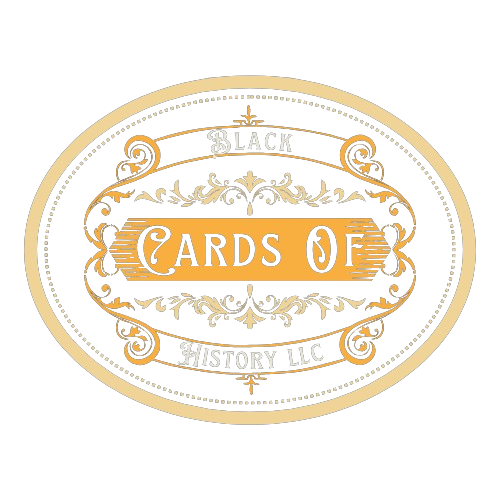More Than Muscle: Nirengeki Shoda’s Quiet Strength and the Legacy of Black Excellence in Teamwork
Rise Beyond Legacy x My Hero Academia Final Season Problogs
By Sterling, Founder of Black Cards Of History LLC
Introduction
When I first sat down to write about Nirengeki Shoda for this series, I had to sit with the idea of quiet impact. He’s not flashy. He’s not trying to steal the spotlight. But what stood out to me—and ultimately earned him a 7/10 rating—is his ability to uplift others with humility and purpose. There’s a certain strength in being the guy who doesn’t have to be in the front to still move the mission forward.
And that, in many ways, echoes one of the most overlooked qualities in Black history: the power of solidarity. From team sports to community organizing, there’s a long legacy of strength through collaboration. That’s why I believe Shoda would bring real value to Black History Month in his own grounded and quietly confident way.
Section 1: Shoda’s Humble Vibe — A Perfect Match for Community Events
Shoda gives off that “reliable friend” energy. The kind who shows up early, stays late, and doesn’t expect praise. In the context of Black History Month, that type of person is invaluable. He’d be the one making sure the event space is set up just right or handing out programs at a panel discussion. But his real light would shine through in planning and coordinating athletic-based events—think 3-on-3 basketball tournaments celebrating Black athletes, or relay races themed around unity and resistance.
He reminds me of the countless unsung Black contributors in history—those who weren’t in textbooks but who carried movements forward anyway. That quiet power, that undercurrent of devotion to justice and camaraderie, is exactly what makes Shoda worth recognizing.
Section 2: The YouTube Assignment – “Teamwork Triumphs: Celebrating Black Sports Legends”
Now imagine Shoda as a YouTuber—he’s not the type to yell into the mic or flood the screen with high-energy edits. But give him a project with purpose? He’d rise to it.
His YouTube video, “Teamwork Triumphs: Celebrating Black Sports Legends,” would be a tribute to Black athletes who defined the game—not just with their stats, but with their leadership. He’d feature names like:
- Jackie Robinson, who broke baseball’s color line while mentoring teammates in dignity.
- Wilma Rudolph, whose relay team victories uplifted Black women in sports.
- LeBron James, not only for his plays but for building schools and uplifting his hometown.
- Maya Moore, who paused her career to fight for criminal justice reform, showed what it means to use fame for freedom.
Shoda’s tone would be calm, focused, and sincere—sprinkled with commentary about teamwork, grit, and unity. He wouldn’t just be giving a highlight reel; he’d be threading a message: that when people come together for something bigger than themselves, they become unstoppable.
Section 3: Economic Justice Through Sports & Support
This is where Shoda’s personality intersects beautifully with the theme of economic justice. Sports have long been a pathway to economic mobility for Black communities—but also a double-edged sword. While Black athletes dominate many sports arenas, the business side still lacks equity.
If Shoda got wind of that, I believe he’d raise awareness. Maybe he’d help plan a panel titled “Beyond the Game: Black Athletes, Endorsements, and Economic Power.” Maybe he’d spotlight organizations that train Black youth not just to play, but to own, manage, and market themselves in a world that often wants their talent but not their leadership.
Shoda’s respect for growth and team success would push him to ask, “How can we support Black athletes before they’re stars? And what can we build to protect them after the applause fades?” That right there? That’s economic justice at work.
Final Thoughts: More Than Just Muscle
Nirengeki Shoda reminds me that not everyone who contributes to justice has to carry a megaphone. Sometimes, the ones who bring the water bottles, who coordinate the schedules, who cheer from the sidelines—they’re the very reason movements don’t fall apart. They are the glue.
He might only score a 7/10 in terms of visibility or intensity, but don’t get it twisted: his presence is powerful. He’s the backbone of unity. And that, in itself, is a Black history lesson worth remembering.

